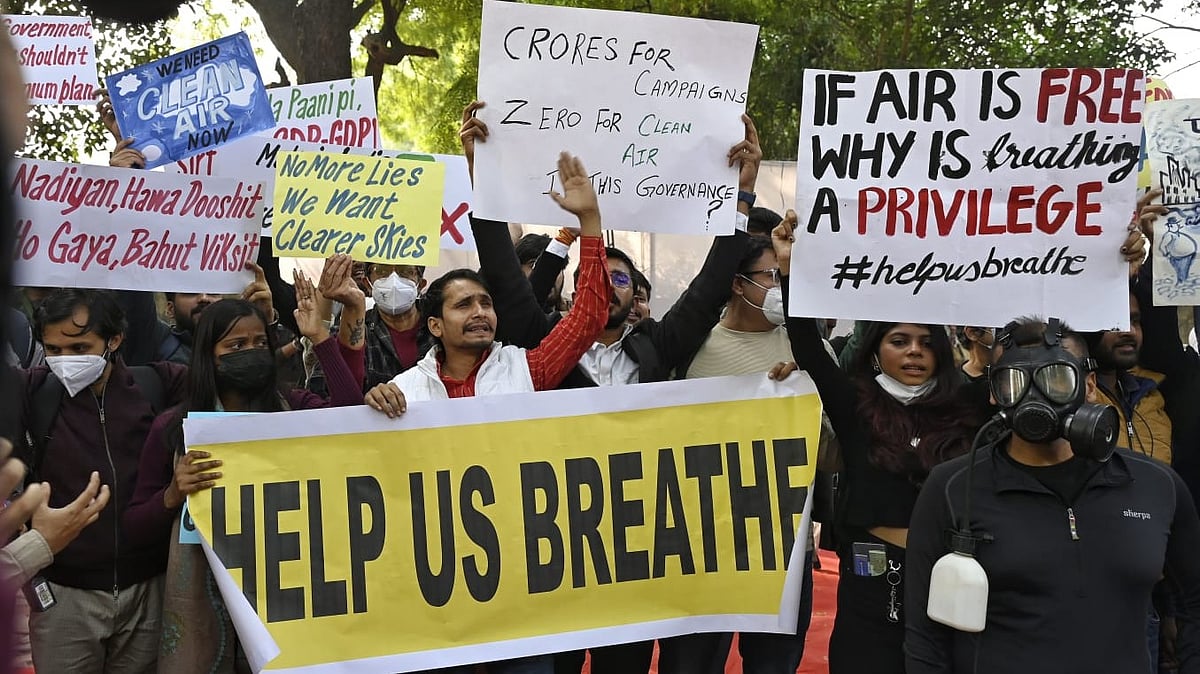Environment
Supreme Court declines to hear new PIL on pollution, asks petitioner to intervene in pending case
Wellness expert withdraws plea after apex court says fresh petitions not needed in long-running air pollution matter; next hearing on 19 November

The Supreme Court on Tuesday, 18 November, refused to entertain a fresh PIL (public interest litigation) seeking urgent judicial intervention to address what the petitioner described as a “persistent and systemic failure” in tackling India’s worsening air pollution crisis.
A bench led by Chief Justice B.R. Gavai allowed petitioner and wellness expert Luke Christopher Coutinho to withdraw his PIL and instead file an intervention application in the long-pending pollution case filed by environmentalist M.C. Mehta, which the court is slated to hear on Wednesday.
“The petitioner seeks liberty to withdraw the plea to file an intervention in pending proceedings in the M.C. Mehta case,” the CJI said, granting permission.
‘Public health emergency’
Coutinho had filed the petition on October 24, naming the Centre, CPCB, CAQM, several Union ministries, NITI Aayog and the governments of Delhi, Punjab, Haryana, Uttar Pradesh, Bihar and Maharashtra as respondents.
Published: undefined
His plea argued that the current air quality crisis has escalated into a “public health emergency” violating the fundamental right to life under Article 21. It sought a formal declaration of such an emergency and the creation of a time-bound, national action plan.
The petition pointed to the NCAP (National Clean Air Programme’s) failure to meet even its moderated goals. Of the 130 designated cities, only 25 have achieved the targeted 40 per cent reduction in PM10 levels since 2017, while another 25 cities have recorded an increase, it said.
It also claimed that 2.2 million schoolchildren in Delhi have already suffered irreversible lung damage, citing government and medical studies.
Plea for binding NCAP targets
The withdrawn petition demanded:
statutory backing for NCAP targets with enforceable penalties;
a National Task Force on Air Quality and Public Health led by independent experts;
stronger measures against crop residue burning and incentives for farmers;
rapid phasing out of high-emission vehicles and scaled-up public transport;
strict industrial emission monitoring with real-time public disclosure.
The court, however, indicated that since the broader issues are already being heard in the M.C. Mehta matter, separate fresh PILs are unnecessary.
With PTI inputs
Published: undefined
Follow us on: Facebook, Twitter, Google News, Instagram
Join our official telegram channel (@nationalherald) and stay updated with the latest headlines
Published: undefined